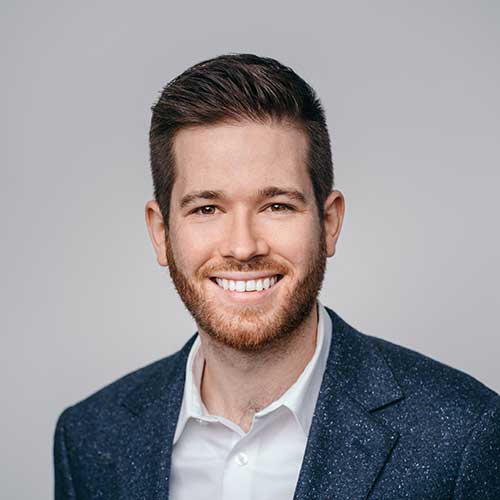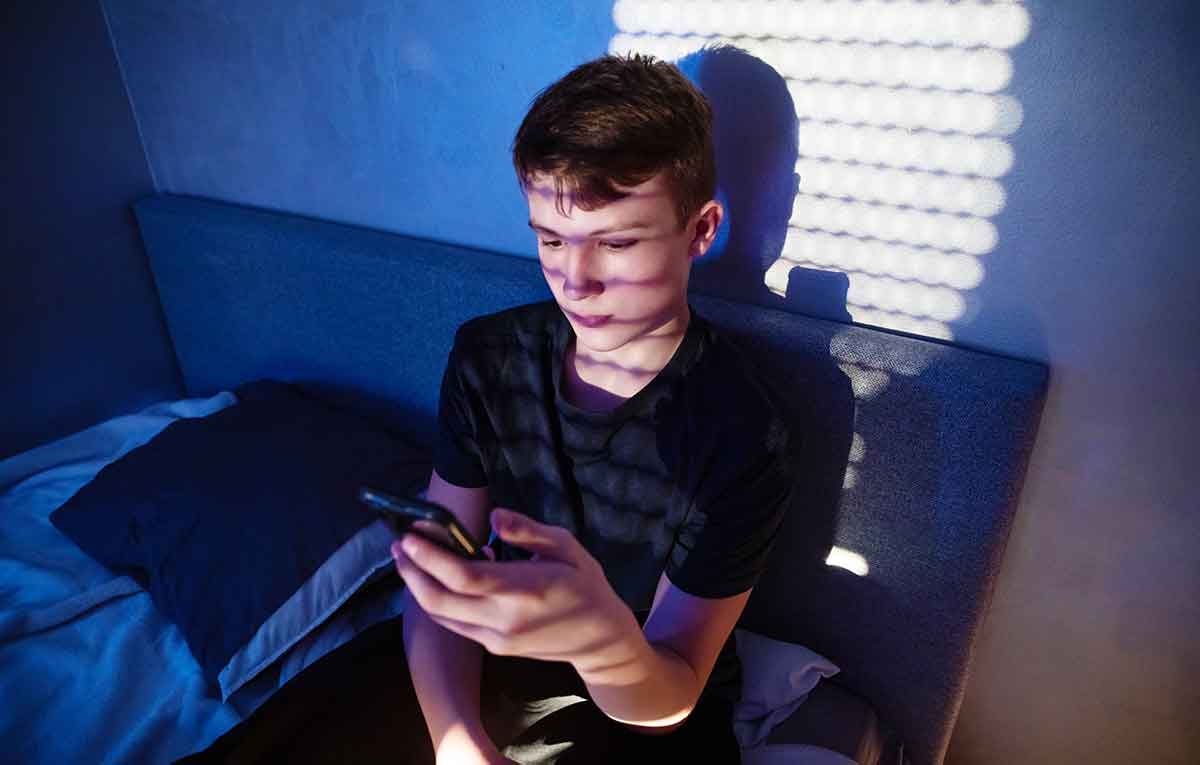The Power of Dialing 9-8-8 When in Crisis
About 10 years ago, I stood on the main walkway of my university and handed out flyers and bookmarks to students encouraging them to reach out for help when feeling suicidal or experiencing other significant crises.
Most students hadn’t heard of the National Suicide Prevention Lifeline, as it was formerly called. Some took the information to keep it accessible for themselves and others thought of family and friends in need.
Talking openly about this subject and other life-threatening crises can be hard. Oftentimes, those experiencing suicidal thoughts feel like a burden to others or that nothing will help. Many people struggle to think about who to call and where they can get assistance.
That inability to access care or know who to reach out to has consequences.
As of 2021 (the most recent data available), suicide was the 3rd ranking cause of death among those aged 15-24 and 11th in the total population of the U.S. Over 48,000 individuals in the States died by suicide that year, with about 1,200,000 people attempting suicide with a nonfatal outcome.
When I handed out the flyers on my campus, a 10-digit number – 800-273-8255 (TALK) – was included. However, in a time of activation and strife – without the pamphlets – it might be hard for many to remember it.
That number remained the same for many years – until recently.
Nationwide, the Substance Abuse and Mental Health Services Administration (SAMHSA) and Vibrant Emotional Health collaborated to expand the reach of the resources and make it easier than ever before for someone to call in when experiencing severe distress.
Now, all you need to remember are three digits: 9-8-8.
Like 911, The 988 Sucide & Crisis Lifeline routes callers to their local crisis center from over 200 across the country. Helpers are available 24/7 and can assist you or someone you know to get connected with immediate care. And if you prefer, you can even text 988 to begin chatting with someone.
It takes courage to ask for help.
Importantly, making that first text or call has become easier than ever before.

